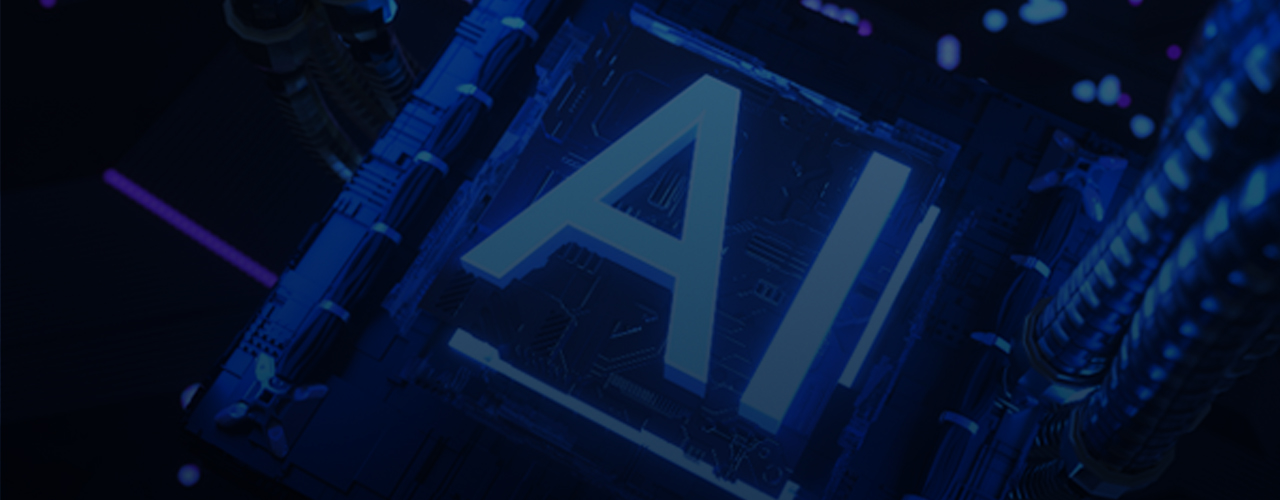In recent years, the scenery of Pay-Per-Click (PPC) advertising has undergone a significant transformation, primarily driven by the advent and integration of Artificial Intelligence (AI). This shift has led to a new era of strategies and tools, empowering marketers to achieve unprecedented results with their PPC campaigns. In this article, we explore how AI is redefining PPC strategies and what this means for businesses looking to cross these new frontiers.
The AI Revolution in PPC
AI-Driven Analytics and Insights
One of the most impactful changes is AI brings to PPC its capacity for data analysis and insight generation. AI can process immense amounts of data much faster and more accurately, providing marketers with real-time insights into campaign performance, audience behaviour, and market trends. By using these insights, businesses can make more informed decisions, modifying their campaigns for maximum effectiveness.
AI in ads management offers numerous benefits:
- Targeting Optimisation: AI helps in analysing huge amounts of data to identify the most relevant audience segments for your ads. This leads to improved targeting accuracy.
- Ad Personalisation: AI enables the customisation of ads to individual preferences and behaviours, boosting engagement and conversion rates. For example, AI can analyse user data to understand patterns and preferences, enabling a high personalised ad campaign. This personalised ad leads to higher engagement rates and improved campaign performance.
- Budget Allocation: AI can optimise spending across different platforms and ad formats, ensuring that budgets are used efficiently to achieve the best results.
- Performance Analysis: AI tools provide real-time analytics and insights on ad performance, helping advertisers understand what works and what doesn’t, and allowing for quick adjustments. For instance, platforms like Google Ads now offer AI-powered bidding options where the system automatically adjusts plans in real-time, based on a multitude of factors. This not only saves time but also optimises ad spend, ensuring the best possible ROI.
- Dynamic Content Creation: AI can generate creative content for ads, including images, video, and text, custom-made to the audience and context, enhancing relevance and appeal across various platforms.
- Predictive Analytics: AI uses historical data and machine learning to predict future trends and consumer behaviours, helping to anticipate market shifts and adjust ad strategies proactively. As we are aware that AI landscape in PPC is evolving rapidly, staying updated with the latest tools and techniques is unavoidable for businesses wanting to remain competitive.
What can you expect in the future of PPC marketing?
Looking ahead, we can expect AI to become even more predictive, not just reactive. AI will likely be able to forecast market trends and consumer behaviours, allowing businesses to be proactive in their PPC strategies.
Greater Emphasis on Voice Search and Video Content
As the use of voice assistants continues to rise, PPC will need to adapt to voice search queries which tend to be longer and more conversational. This will require new keyword strategies and content optimisation. For example, advertisers might start creating immersive ad experiences, transforming how brands engage with consumers, especially in industries like real estate and retail. Moreover, nowadays, different target audiences have different preference on the use of platforms, especially consumer preferences shift towards visual and video content, PPC campaigns will increasingly use these formats. Social Media platforms like YouTube, Facebook, Instagram, and TikTok offer substantial opportunities for video-based PPC.
By no means, marketers will continue to refine their strategies across multiple platforms and devices, ensuring a seamless user experience and consistent messaging. This includes integrating PPC campaigns with social media, email marketing, and other digital channels.
Sustainability, Ethical and Interactive Ads:
Furthermore, interactive ad formats such as quizzes, polls, and games are expected to gain traction, enhancing engagement and providing valuable data to advertisers. By fostering closer engagement with your audience, AI create a heap of opportunities for brainstorming interactive and engaging elements to enhance your ad campaigns. These innovations not only captivate audiences but also offer avenues for creative experimentation and refinement. Thereby, fostering deeper connections with your target demographic.
Additionally, advancements in location-based technologies will enable precise targeting, optimising local business promotions. As consumers become more concerned about sustainability and corporate responsibility, PPC campaigns will need to align with these values to resonate with target audiences effectively, allowing marketers to better forecast trends, user behaviour, and campaign outcomes. By aligning with these values, marketers can anticipate shifts in consumer preferences and strategically allocate budgets to initiatives that resonate with their audience’s values. This not only enhances brand reputation but fosters long-term customer loyalty and trust. Ultimately, contributing to the success and sustainability of marketing efforts in an increasingly conscious marketplace.
Conclusion
The integration of AI into PPC strategies signifies an example shift in digital advertising, offering exciting opportunities for enhanced efficiency and effectiveness. However, it also comes with challenges that require careful navigation. By understanding and utilising these new AI-driven tools and techniques, businesses can stay ahead in the dynamic world of PPC advertising.
For businesses looking to capitalise on these advancements without getting overwhelmed, partnering with a digital marketing agency can be a game-changer. A reputable agency will specialise in binding the use of AI to optimise your PPC strategies and stay at the forefront of AI developments, ensuring that your campaigns are not only cutting-edge but also aligned with your specific business goals.
The future of PPC marketing will blend technological advancements with a focus on personalisation, user experience, and ethical advertising practices. While AI may benefit the creative aspects of PPC ads, it will still need human intervention to set up, monitor, interpret and manage your ads campaign to ensure you are always getting the maximum ROI on your investment.
Source:: https://visualmarketing.com.au

